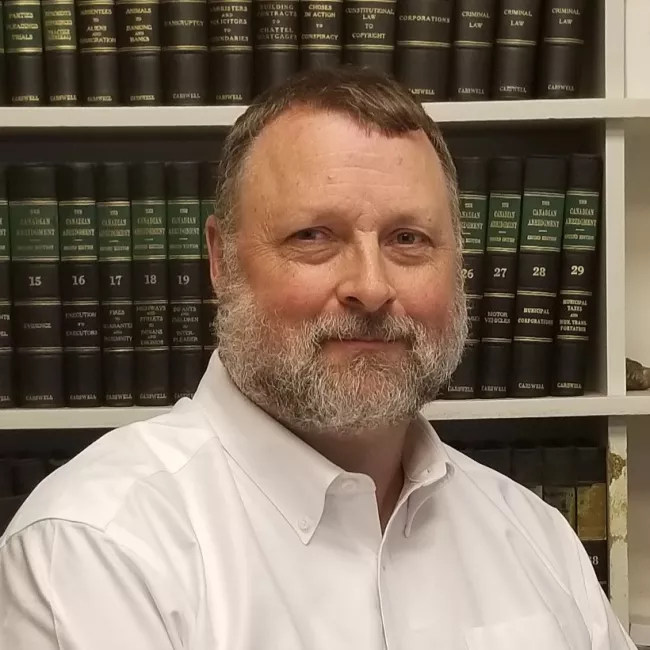A recent Angus Reid poll shows that 51 per cent of Canadians don’t have a will. And older Canadians (those over the age of 55) are almost four times more likely than Canadians between the ages of 18 to 34 to have a will and twice as likely as those aged 35 to 54.
Geoffrey Dashwood, a local lawyer who specializes in wills and estates, says that many people believe because they don’t have an “estate” they don’t need a will. But that’s just not true.
“A will really lays out two very important things: who should get your assets when you die, and who should be in charge of distributing those assets,” he says. “But it’s also a testimony to your values—and to the people, institutions and causes that are most important to you.”
And with Toronto’s hot real estate market over the past few years, your home may be your biggest asset.
“With the growth in value of people’s homes, a huge amount of money is being left in this generation’s hands,” explains Geoff. “As that money is handed over, there is the potential for misunderstanding, potential litigation and a lot of pain if people don’t think carefully about where they want the money to go.”
Here are four reasons why you shouldn’t put off creating a will.
- You want to control distribution of your assets
If you die without a will, you have no control over how your assets are transferred to your loved ones. Instead, a court will appoint someone to administer your estate and your assets will be distributed according to a legislative provincial formula.
- You want to choose your own executor.
An executor—named in your will—is the person or trust company who manages your estate when you die, and makes sure that your wishes are fulfilled. Among many tasks, your executor is responsible for making funeral arrangements, managing your assets and filing paperwork.
- You want to ensure your loved ones are cared for.
If your children are under the age of majority, a will allows you to appoint a guardian to care for them. If you don’t appoint anyone, it will be up to the court to choose a guardian. You’ll also have control over how the money you leave to your children is managed, and when they receive it.
Your will can also outline specific care instructions for elderly parents or children with special needs, and designate money or assets for other family members or friends.
- You want to leave a legacy
If charitable giving is a part of your life, why not consider making it a part of your estate plan as well? Leaving a gift in your will is an impactful way to give to a cause or organization you believe in. And it may allow you to make a larger gift than you could afford to during your lifetime.
What’s more, because of Canada’s tax regulations, your estate can claim a charitable tax credit – allowing you to lower or even eliminate taxes on your estate. There are several ways to leave a gift in your will—a financial advisor can help you decide what works best for your financial situation
Don’t set it and forget it
Of course, once you have a will, it’s important to review your plan on a regular basis. Life events— marriage, divorce, death of a spouse, or a new baby—can change your financial circumstances, so it’s important to revisit your will every few years to make sure it still reflects your needs and goals.
When it comes to estate planning, it’s important to get the right advice. A lawyer can help you consider all aspects—from taxes to provincial laws—and make sure your wishes are met.

Geoffrey Dashwood of Dashwood & Dashwood is a Toronto native. After graduating from U of T with an arts degree, he completed his Law Degree at Queen’s University and was called to the bar in 1986 Geoff currently lives in the Beach with his wife Hevina and sons James and John, where he carries on a family legacy of local, socially conscious involvement in legal aid, youth sport, politics, and church.
